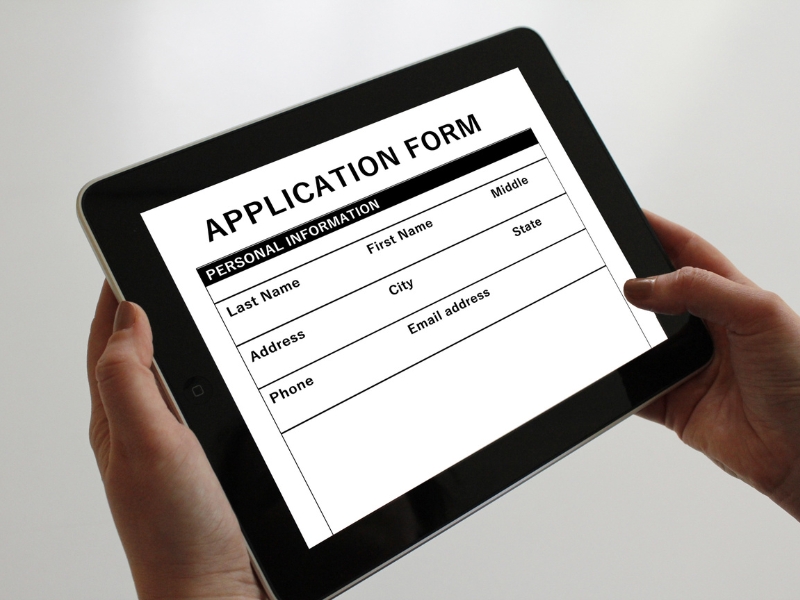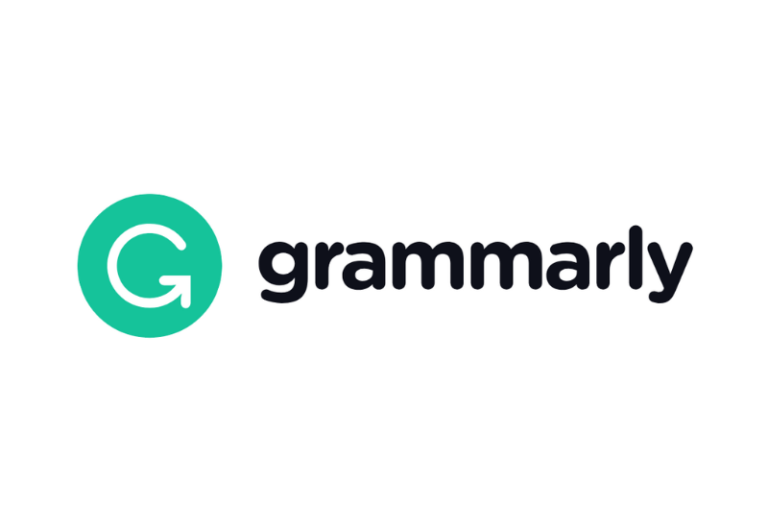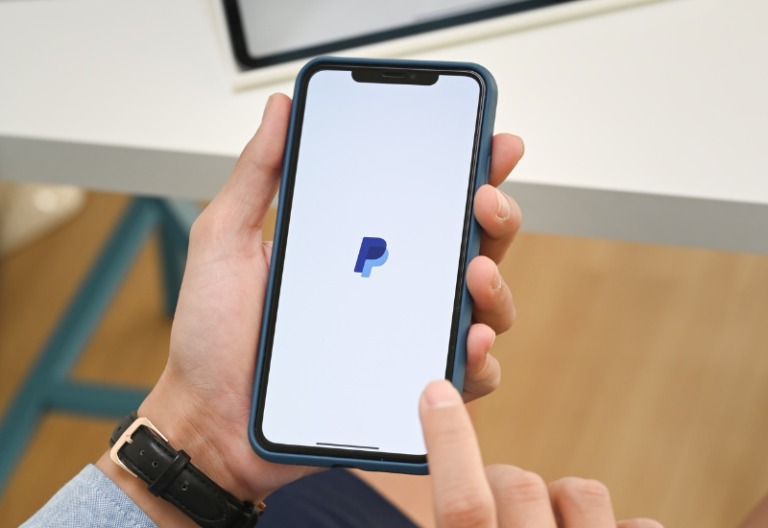HIPAA-compliant forms help capture patient information securely and efficiently. These legally binding documents ensure that protected health information (PHI) is safe and secure with proper encryption and access controls.
Learn more about the importance of using HIPAA-compliant forms for secure data collection and improved accuracy and why you should consider looking into online form solutions that meet HIPAA requirements.
Top 5 HIPAA-Compliant Form Solutions:
Healthcare organizations can rely on several secure solutions to safeguard their PHI while making workflow more efficient. When it comes to collecting and processing data, some of the best solutions for generating HIPAA-compliant forms include:
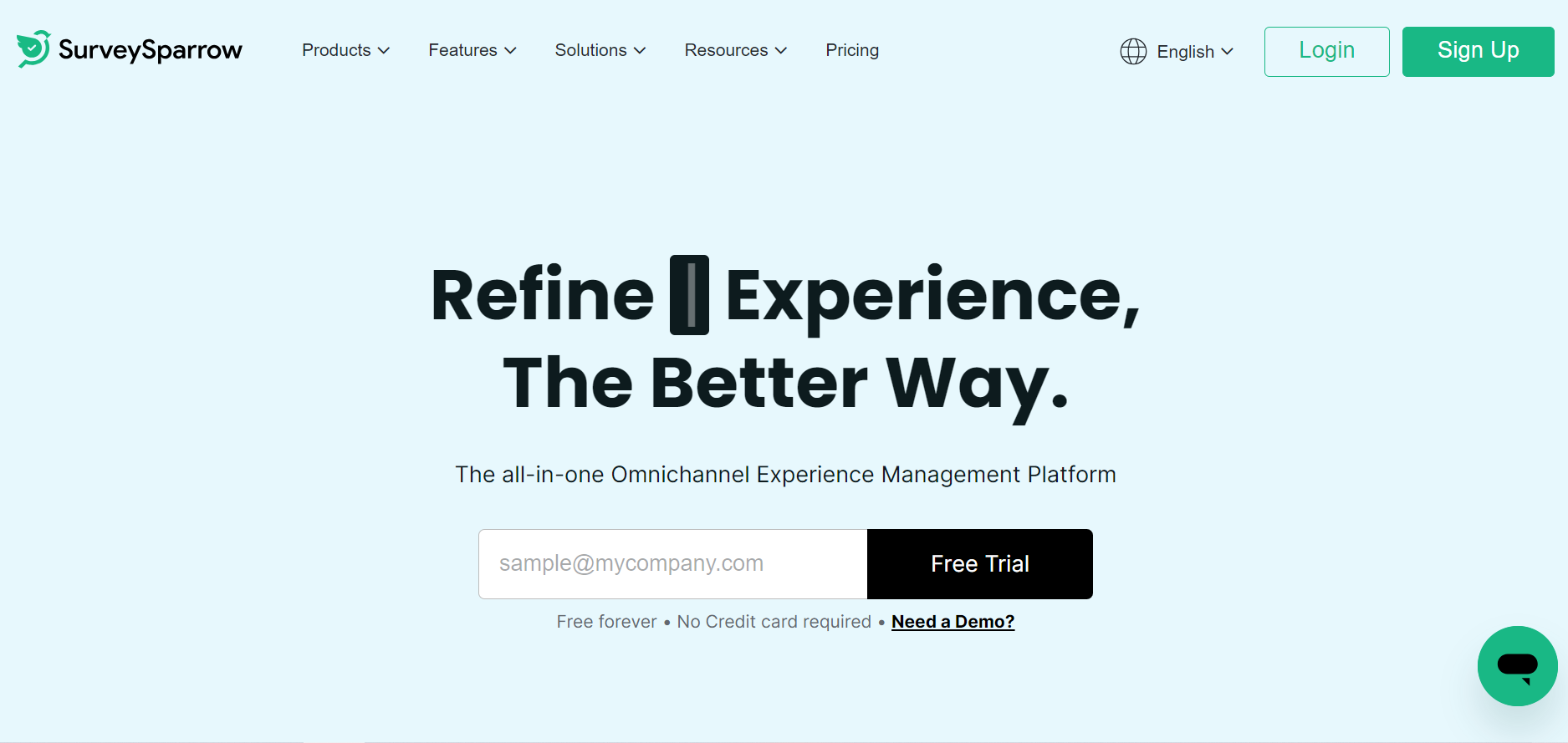
1. SurveySparrow
SurveySparrow provides HIPAA-compliant forms built with advanced security measures. It employs end-to-end encryption, TLS 1.2/SSL authentication, and two-factor authentication for user access. SurveySparrow also enables users to integrate their forms into electronic health records (EHRs).
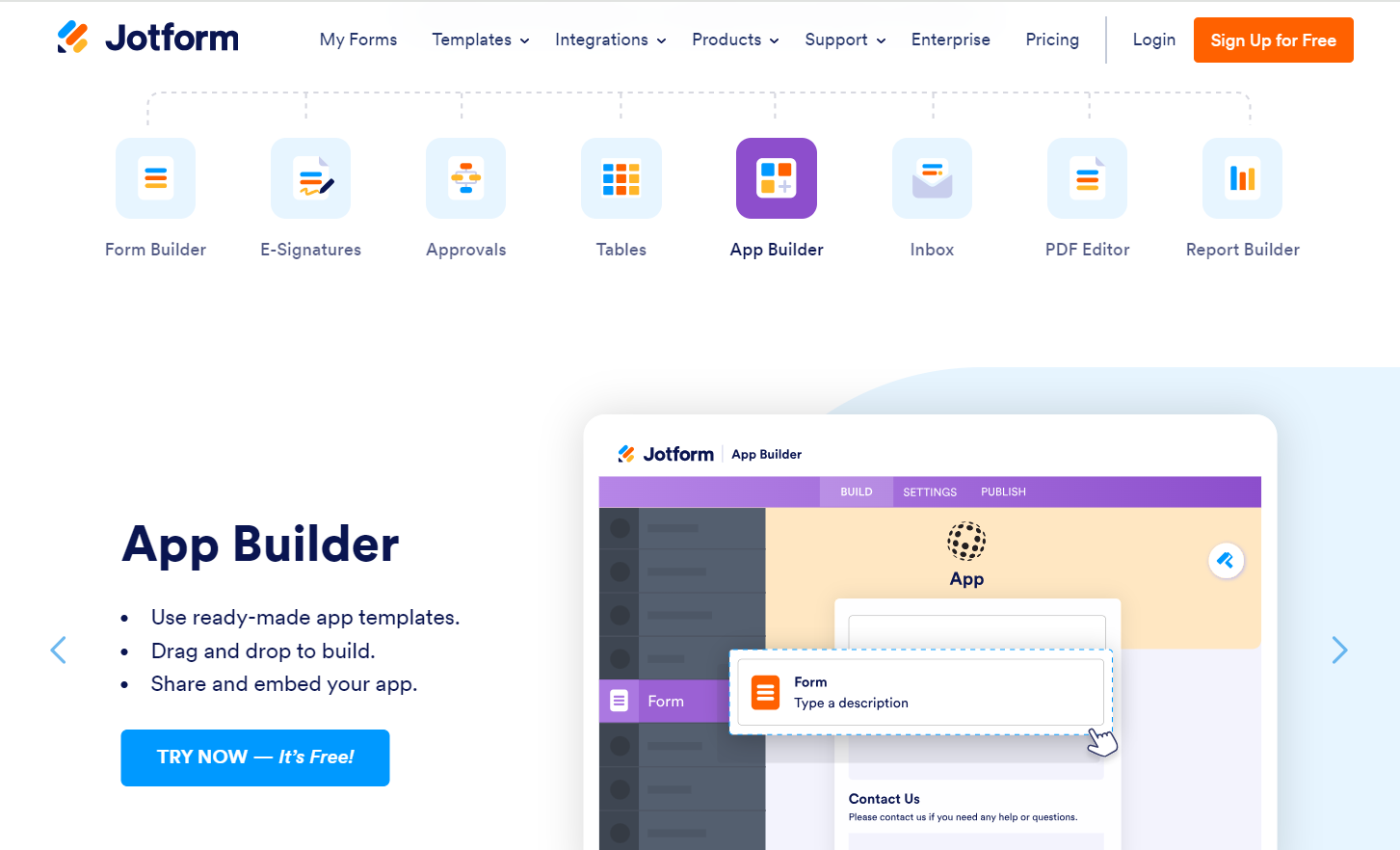
2. Jotform
Building HIPAA-compliant forms with JotForm is fast, easy, and secure. Patients can sign consent forms, pay bills, and schedule doctor consultations online. It’s also worth noting that the online form builder utilizes proper encryption and provides a signed Business Associate Agreement (BAA).
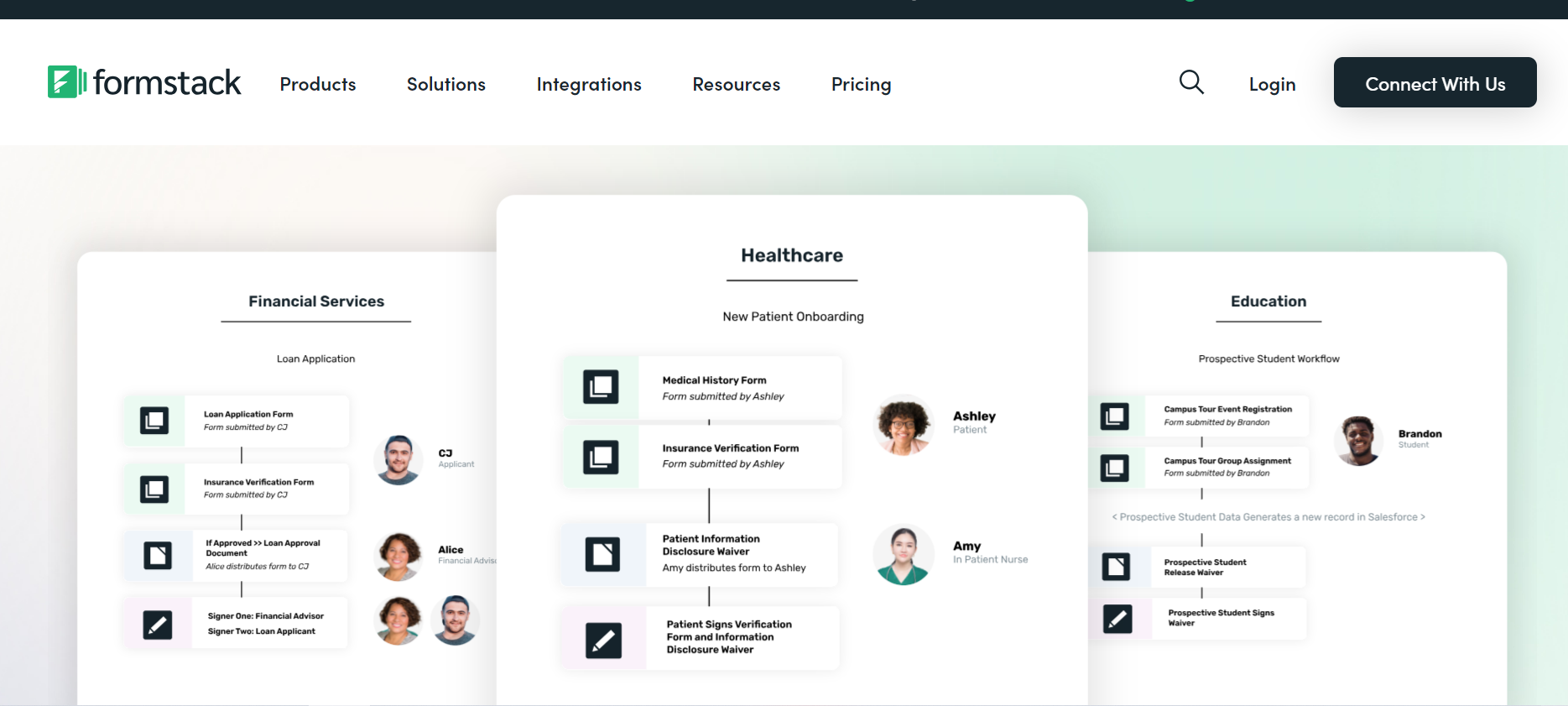
3. Formstack
Another reliable HIPAA-compliant form solutions provider is Formstack. It offers a secure way to collect patient information, obtain signatures, and request consent. Formstack also lets you request standard BAAs for business associates. Plus, with its unlimited storage, you will have enough space for all the forms and data you’ve collected.
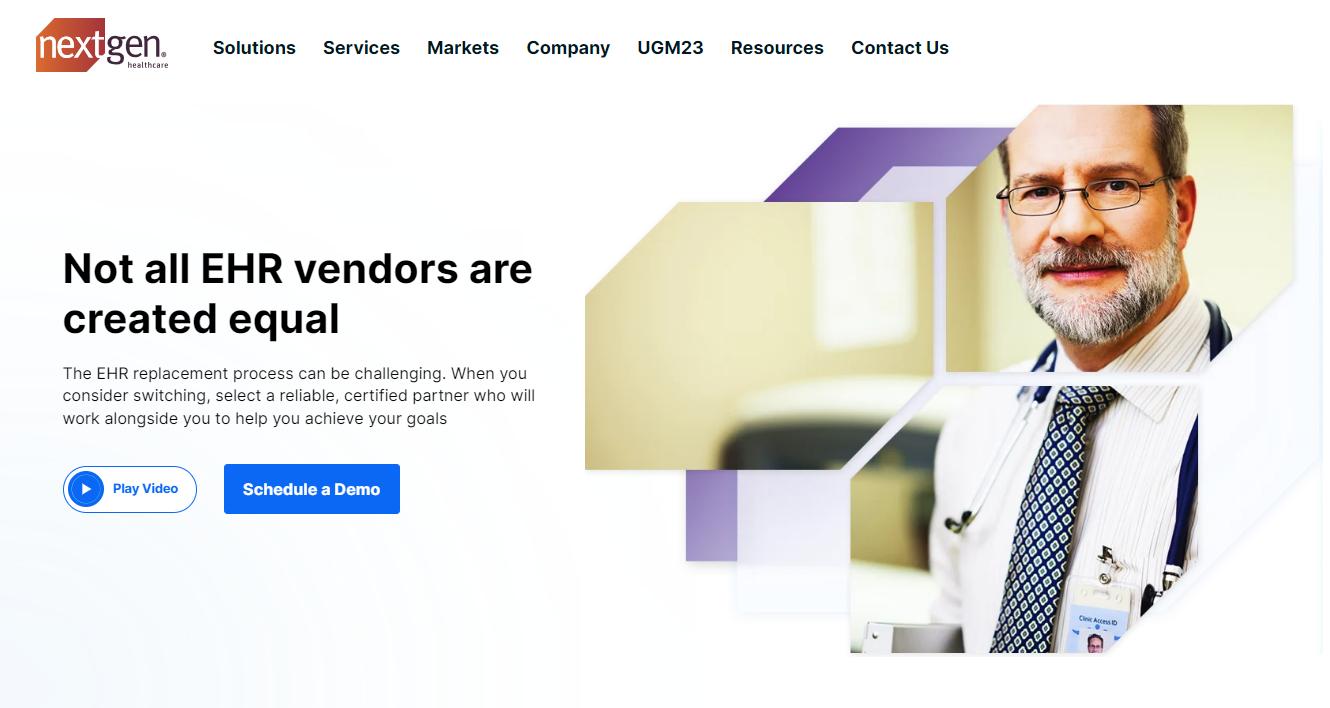
4. NextGen Healthcare
If you’re looking for a comprehensive HIPAA-compliant solutions provider, NextGen Healthcare is a good choice for healthcare businesses that aim to ensure HIPAA compliance. It offers an easy-to-use drag-and-drop form builder where patients can digitally input their details into their cloud-based system. NextGen Healthcare also uses 256-bit encryption to ensure PHI protection.
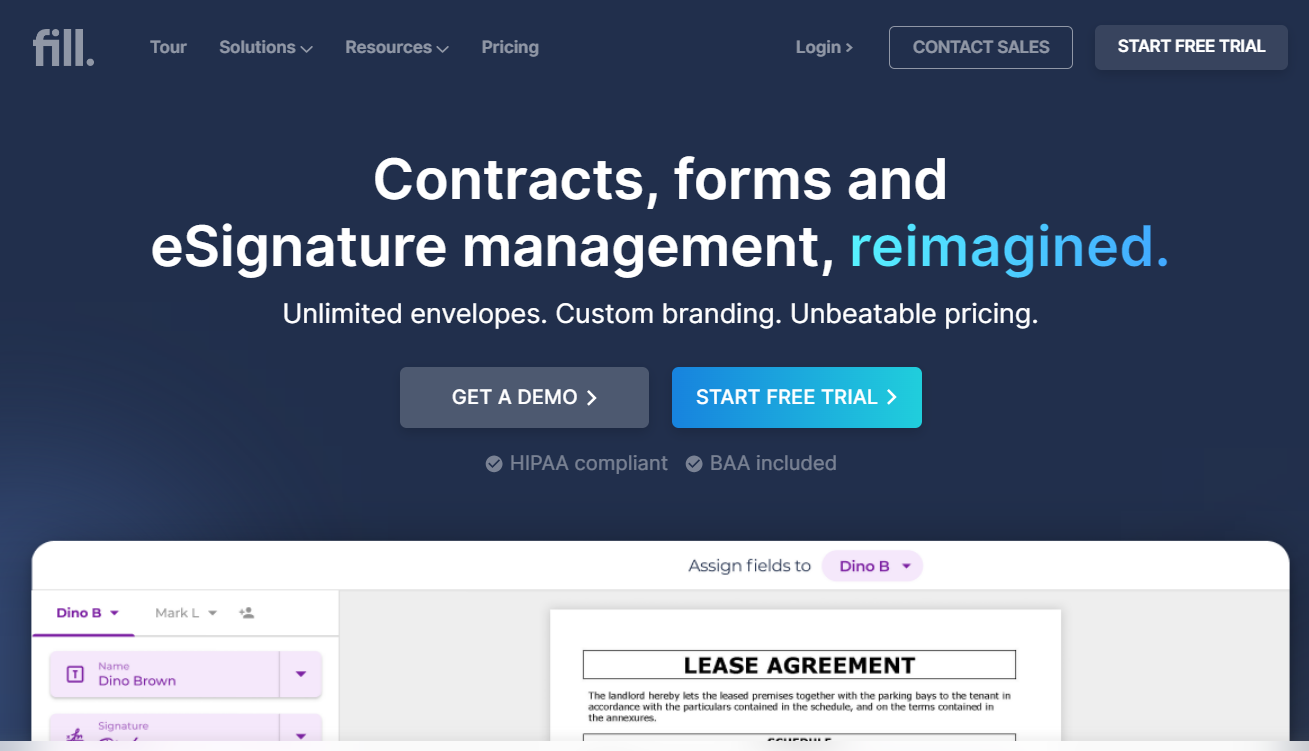
5. Fill
With Fill, healthcare organizations can safely store and transmit PHI. Its HIPAA-compliant forms have powerful security features such as military-grade encryption and electronic signature authentication.
Forms generated and shared through Fill have corresponding analytics showing the key metrics and trends based on the information gathered.
Key Features of HIPAA-Compliant Online Forms
HIPAA-compliant forms are essential when collecting or disclosing patient information. Whether you’re using paper-based or digital forms, you must opt for HIPAA-compliant form builders with robust privacy and security features that comply with HIPAA.
Here are the key features to look for when selecting HIPAA-compliant online form builders:
Data encryption and security
Online form builders differ in the type of encryption technology they use. The same goes for implementing additional security measures to safeguard sensitive data and maintain patient confidentiality. You must choose the one with advanced and up-to-date encryption technologies and those that can provide better security capabilities like regular audits and real-time backups.
Access controls and audit trails
A detailed log of activities and documentation can help maintain HIPAA compliance. Audit logs can ensure that healthcare organizations adhere to the security standards set by HIPAA. Moreover, access controls can protect patient privacy by limiting who can view and modify information in healthcare documents.
In case of a data breach, medical providers can review the audit logs to identify the cause and extent of the incident. This will help minimize the damage caused and keep the provider from facing severe legal penalties.
Compliance monitoring
As part of your HIPAA compliance efforts, signing BAAs and other HIPAA-compliant forms can ensure that necessary safeguards are employed to secure PHI. These forms can also help medical providers collect the needed consent and authorization from patients before disclosing their personal information.
With HIPAA-compliant forms, you can inform patients and third-party vendors about their role in protecting PHI. For instance, a BAA can identify which party is responsible if a data breach happens. In case of a HIPAA violation due to non-compliance, these forms can also act as legal documentation.
Why HIPAA Compliance Matters for Online Forms
Using paperless forms can help organizations save time and resources. However, medical providers must still prioritize HIPAA compliance to make their patients feel at ease and, at the same time, avoid violation penalties.
HIPAA compliance is critical to ensure that the data captured by these web forms will remain safe and secure. The HIPAA Privacy Rule specifically highlights the significance of employing safeguards to maintain PHI integrity. This means covered entities and their business associates must always uphold the strictest measures to keep patient data safe, including those collected and stored using online forms.



